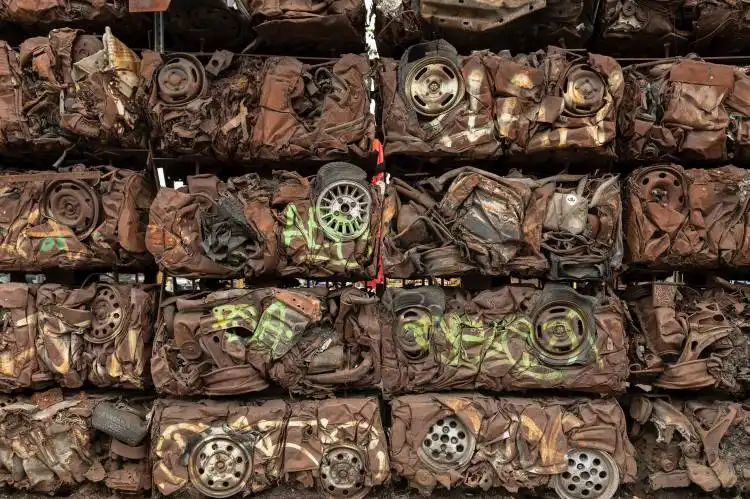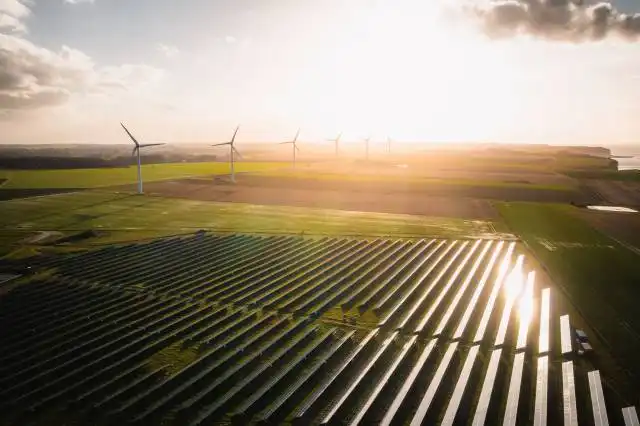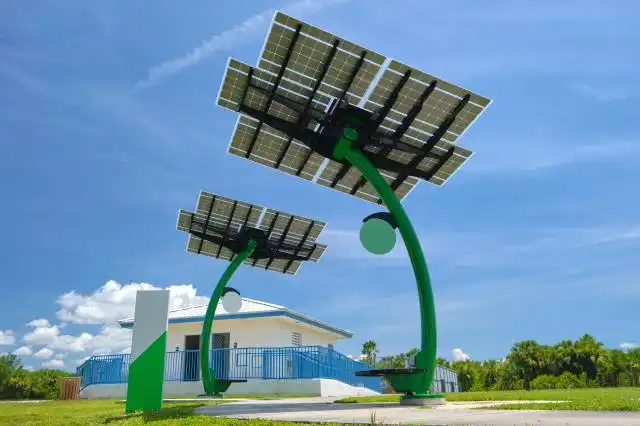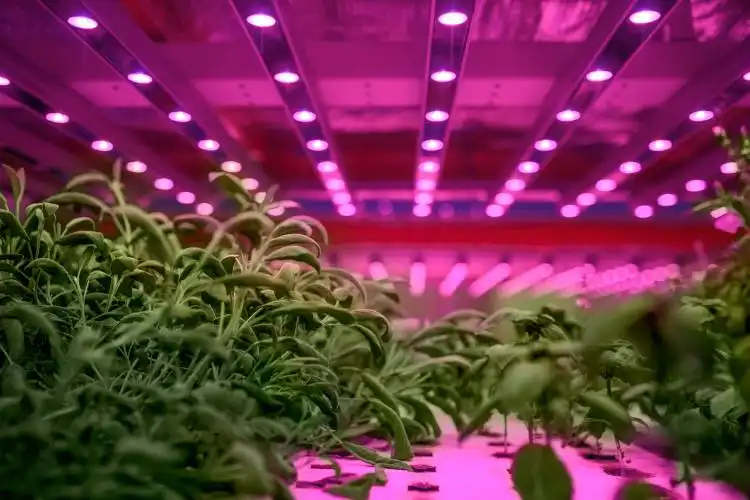Start a Paper Recycling Business
Riding the Green Train of Paper Recycling: Hitting The Right Notes for Your Pocket and Planet
| Updated


PAPER RECYCLING BUSINESS
Dive into the green initiative wave by starting a Paper Recycling Business - a fun, eco-friendly, and financially rewarding entrepreneurial venture. This type of business gives used, discarded paper a meaningful second act by converting it into reusable pulp, whose symphony can be noticed in new paper, cardboard, and various paper products. You'll be doing your bank balance a serious favor while singing the mother nature's symphony - and trees worldwide will thank you for it! Oh, and did we mention, your potential clients are just about anyone who uses paper? Now how's that for a massive market.
Jump to Business Plan
RELATED BUSINESS IDEAS
Browse ALL Sustainability & Eco-Friendly Initiatives Business Ideas
Discover Your Perfect Domain
Unlock the door to your online success with our hand-picked selection of premium domain names. Whether you're starting a new venture or rebranding an existing one, the right domain can set the tone for your digital presence. Browse through our curated list, each with its unique potential to enhance your brand's visibility and credibility.
PAPER RECYCLING MINI BUSINESS PLAN
This a quick reality check to help you identify the strengths and weaknesses of your business concept before you dive in.
Expected Percent Margin:
- Gross Margin: 15-30%
- Net Profit Margin: 5-10%
Earnings Expectations:
- Daily Earnings: $100 - $200
- Weekly Earnings: $700 - $1,400
- Monthly Earnings: $3,000 - $6,000
- Annual Earnings: $36,000 - $72,000
Actions to Hit Those Numbers:
Sourcing and Recycling:
- Paper Collections: Setup regular collections from commercial establishments, schools, and residential areas.
- Recycling Equipment: Make an initial investment in shredders, sorting machines and drying machines.
Marketing and Customer Acquisition:
- Promoting Recycling: Use digital and print media to educate the public on the benefits of paper recycling.
- Partnerships: Collaborate with local businesses and governments to position your business as an eco-friendly option.
Sales and Customer Experience:
- Selling Recycled Paper: Establish contracts with paper companies and manufacturing industries.
- Customer Satisfaction: Ensure reliable, timely pickups and hassle-free service to keep supply consistent.
Cost Control:
- Operational Expenses: Control operational costs like transportation, maintenance, labor, and energy consumption.
- Waste Management: Aim for minimal waste, have a system to recycle or dispose waste in an eco-friendly manner.
Business Operations:
- Regular Collections: Have daily or weekly schedules for paper collection from various sources.
- Recycling Process: Ensure the proper functioning of recycling processes to maintain quality and consistency of the final product.
These are generalized estimations and can vary depending on location, economic conditions, and individual business strategies. Always consult with a financial advisor or a professional in the recycling industry for personalized advice.
NOT WHAT YOU HAD IN MIND? Here are more ideas



Browse ALL Sustainability & Eco-Friendly Initiatives Business Ideas
Grab Your Business Website Name
Before you get caught up in the whirlwind of setting up your business, invest in a domain name. It's a small but significant step that lays the foundation for your brand and makes it easier for customers to find and trust you. Just like you wouldn't build a house without securing the land first, don't build a business without securing your domain name.
"Why? Can't that wait?" Here's why it shouldn't
Step 1: Determine if a Paper Recycling Business is Right for You
Breakdown of Startup Expenses
When considering starting a paper recycling business, it is important to understand the startup expenses that will be incurred. These expenses can include the cost of purchasing or leasing a facility, the cost of equipment such as balers, sorting equipment, and trucks, the cost of obtaining permits and licenses, the cost of marketing and advertising, and the cost of hiring staff. Additionally, there may be costs associated with obtaining the necessary materials to process the paper, such as cardboard boxes, plastic bags, and other supplies. It is important to research and understand all of the startup costs associated with starting a paper recycling business before committing to the endeavor.
Breakdown of Ongoing Expenses
In addition to the startup expenses, it is important to understand the ongoing expenses associated with running a paper recycling business. These expenses can include the cost of labor, the cost of maintaining and repairing equipment, the cost of utilities, the cost of materials, the cost of marketing and advertising, and the cost of insurance. Additionally, there may be costs associated with disposing of the paper that is not able to be recycled, such as the cost of landfill fees. It is important to understand all of the ongoing expenses associated with running a paper recycling business before committing to the endeavor.
Examples of Ways to Make Money
When researching the potential of starting a paper recycling business, it is important to understand the potential ways to make money. These can include selling the recycled paper to paper mills, selling the recycled paper to other businesses for use in their products, and selling the recycled paper to individuals for use in their crafts and projects. Additionally, there may be opportunities to sell the recycled paper to other paper recycling businesses, or to offer services such as paper shredding or document destruction. It is important to understand the potential ways to make money from a paper recycling business before committing to the endeavor.
Step 2: Name the Business
Naming a business is an important step in the process of starting a paper recycling business. It is important to choose a name that is memorable and reflects the nature of the business. It should also be easy to pronounce and spell. Additionally, it is important to do a search to make sure the name is not already taken. This can be done by searching the US Patent and Trademark Office website. It is also important to consider if the name will be available as a domain name for a website. Additionally, it is important to make sure the name is not already trademarked by another company. If the name is already trademarked, it is important to choose a different name to avoid any legal issues.
Once the name is chosen, it is important to register the business with the state. This will involve filing the appropriate paperwork and paying the required fees. Additionally, it is important to make sure the name is not already taken by another business in the state. This can be done by searching the state's business registry. Once the business is registered, it is important to obtain any necessary permits and licenses. This will vary depending on the state and local regulations. Additionally, it is important to make sure the business is in compliance with any environmental regulations.
Finally, it is important to obtain a business bank account and credit card. This will help to keep the business finances separate from personal finances. Additionally, it is important to obtain any necessary insurance policies to protect the business and its assets. This will vary depending on the type of business and the state regulations.
Step 3: Obtain Necessary Licenses and Permits
In Step 3 of starting a paper recycling business, it is important to research local regulations and obtain the necessary licenses and permits. Depending on the location of the business, different regulations and permits may be required. It is important to research the local laws and regulations to ensure the business is compliant. Additionally, it is important to obtain the necessary licenses and permits to legally operate the business. This may include a business license, a waste management permit, a recycling permit, and any other permits specific to the area. It is important to research the local laws and regulations to ensure the business is compliant and to obtain the necessary licenses and permits to legally operate the business.
Research Local Regulations
When starting a paper recycling business, it is important to research local regulations and laws to ensure the business is compliant. This may include researching local zoning laws, waste management laws, and any other laws specific to the area. Additionally, it is important to research any permits or licenses that may be required to legally operate the business. It is important to research the local laws and regulations to ensure the business is compliant and to obtain the necessary licenses and permits to legally operate the business.
Obtain Necessary Licenses and Permits
Once the local regulations and laws have been researched, it is important to obtain the necessary licenses and permits to legally operate the business. This may include a business license, a waste management permit, a recycling permit, and any other permits specific to the area. Additionally, it is important to research any local tax laws and obtain the necessary tax permits. It is important to research the local laws and regulations to ensure the business is compliant and to obtain the necessary licenses and permits to legally operate the business.
Step 4: Find a Location
When it comes to finding a location for a paper recycling business, there are a few considerations to take into account. First, the location should be in a place that is easily accessible to customers and suppliers. It should also be in an area that has a large population of people who are likely to use the services of a paper recycling business. Additionally, the location should have enough space to store the paper that will be recycled.
When it comes to choosing a location, there are two main options: leasing or buying. Leasing a location can be a great option for those just starting out in the paper recycling business, as it does not require a large upfront investment. However, leasing a location can also be more expensive in the long run, as the business will have to pay rent each month. Buying a location, on the other hand, can be a great option for those who are more established in the paper recycling business, as it allows the business to own the property outright. However, buying a location also requires a large upfront investment, so it is important to make sure that the business can afford to purchase the property.
Step 5: Purchase Equipment
Types of Equipment Needed
In order to start a paper recycling business, there are several pieces of equipment that will be necessary. These include a baler, a conveyor belt, a sorting table, a shredder, and a compactor. The baler is used to compress the paper into bales, the conveyor belt is used to transport the paper, the sorting table is used to separate the paper into different categories, the shredder is used to shred the paper into small pieces, and the compactor is used to compress the shredded paper into a smaller size.
Sources for Purchasing Equipment
There are several sources for purchasing the necessary equipment for a paper recycling business. These include online retailers, local equipment suppliers, and used equipment dealers. Online retailers often have the widest selection of equipment and the best prices, but they may not have the best customer service. Local equipment suppliers may have more limited selection and higher prices, but they may be able to provide better customer service. Used equipment dealers may have the lowest prices, but they may not have the best quality equipment.
Step 6: Develop a Recycling Plan
Research Local Recycling Programs
Before beginning a paper recycling business, it is important to research the local recycling programs in the area. This will help determine what type of paper can be recycled and the best way to go about collecting and processing it. It is also important to research the local laws and regulations regarding paper recycling to ensure that the business is compliant.
Develop a Plan for Collecting and Processing Recycled Paper
Once the local recycling programs have been researched, it is time to develop a plan for collecting and processing the recycled paper. This plan should include the types of paper that will be collected, the methods of collection, and the process for sorting, cleaning, and preparing the paper for recycling. Additionally, it is important to consider the cost of collection and processing, as this will be a major factor in the profitability of the business. Finally, it is important to consider the environmental impact of the recycling process and ensure that the business is taking steps to reduce its carbon footprint.
Step 7: Market Your Business
Develop a Marketing Plan
Developing a marketing plan is essential for any business. A marketing plan should include a description of the target market, the product or service being offered, the pricing strategy, and the promotional activities that will be used to reach the target market. It should also include a timeline for implementation and a budget for marketing activities.
Utilize Online and Offline Marketing Strategies
There are a variety of online and offline marketing strategies that can be used to reach potential customers. Online strategies include creating a website, utilizing social media, and running online ads. Offline strategies include creating flyers, running print ads, and attending local events. It is important to use a combination of both online and offline marketing strategies to reach the widest possible audience.
When creating a marketing plan, it is important to consider the budget and the resources available. A well-crafted marketing plan can help to ensure that the business reaches its target audience and is successful.
Step 8: Hire Employees
Considerations for Hiring Employees
When starting a paper recycling business, it is important to consider the type of employees you will need to hire. Depending on the size of the business, you may need to hire a variety of employees such as a manager, a salesperson, and a team of workers to handle the recycling process. It is important to consider the skills and experience necessary for each position and to create a job description that outlines the duties and responsibilities of each position. Additionally, you should consider the salary and benefits you will offer to attract the right employees.
Tips for Retaining Employees
Once you have hired the right employees, it is important to ensure that they stay with the business. To do this, you should provide a safe and comfortable work environment and ensure that employees are treated fairly and with respect. Additionally, you should provide competitive salaries and benefits, as well as opportunities for growth and development. You should also provide incentives such as bonuses or rewards for employees who meet their goals or go above and beyond their job requirements. Finally, you should create a positive work culture by recognizing employees for their hard work and achievements.
Step 9: Monitor and Evaluate Performance
In conclusion, starting a paper recycling business is a great way to make a positive environmental impact and generate a profit. With the right planning and research, it is possible to create a successful business. The nine steps outlined in this article provide a comprehensive guide to starting a paper recycling business. From determining if the business is the right endeavor to monitoring and evaluating performance, these steps will help entrepreneurs launch a successful paper recycling business. With the right dedication and commitment, entrepreneurs can make a positive impact on the environment and create a successful business.
EXPLORE MORE CATEGORIES
Browse ALL Business Idea Categories
TAKE THE NEXT STEPS









